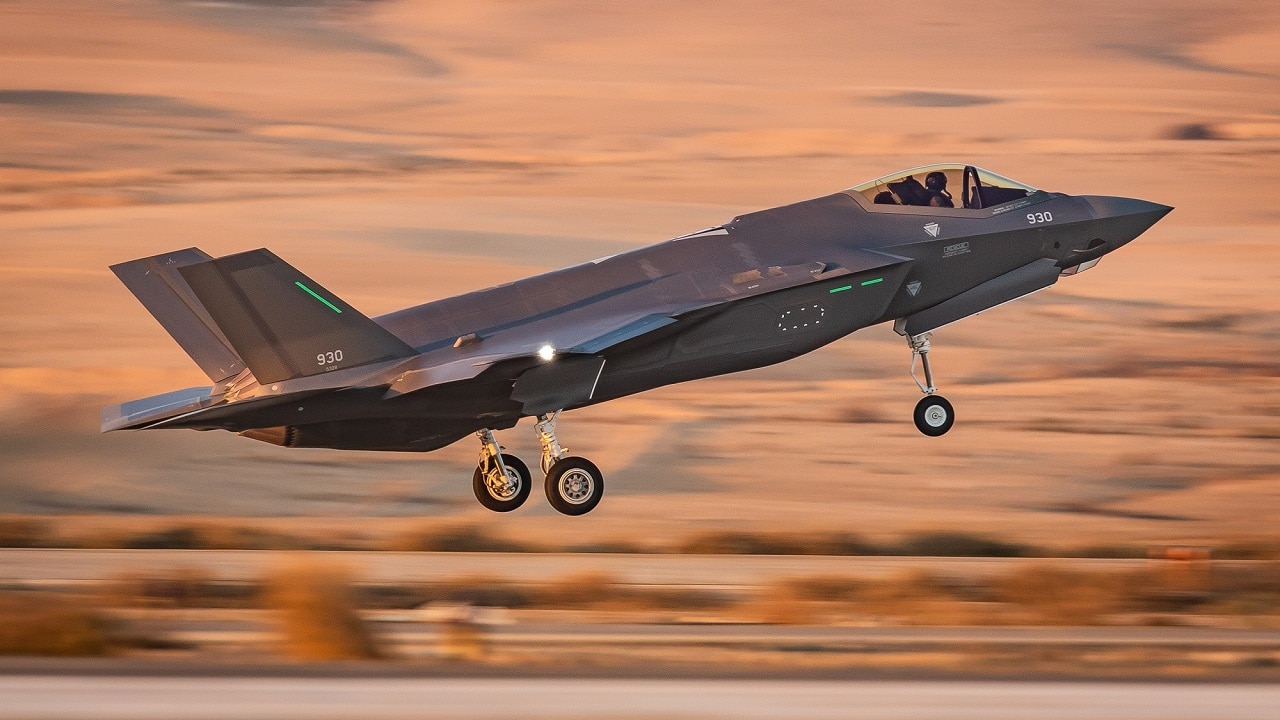Over the weekend, Hezbollah threatened Israel’s gas extraction infrastructure in the disputed Karish maritime border between the two countries. The Lebanese-based paramilitary group, seen as a terror organization, circulated a video on its Al-Manar television channel depicting drone footage of Israeli barges and the coordinates at the Karish gas field. The video begins with text displayed reading “Playing with time is useless” in both Arabic and Hebrew, clearly meant as a direct threat to the Jewish state.
In recent months, the “Party of God” has indicated through escalatory provocations that it is gearing up for kinetic conflict with Israel over the disputed area.
Increasing Tensions
Hezbollah’s leader Hassan Nashrallah also threatened Israel over its drilling in Karish, suggesting that the Jewish state must reach a joint agreement with Beirut before conducting future drills in the disputed area.
Nasrallah asserted “If the Karish oil and gas extraction starts in September, before Lebanon gets its rights, we would be heading for trouble.” The Hezbollah leader added that the organization “would do everything necessary to achieve our goal. No one wants war, and the decision is in Israel’s hands, not ours. The president of the United States does not want a war in the region, and that is our opportunity for us to press and achieve our oil.”
Lebanon has been encumbered by a severe economic recession since 2019. The World Bank even referred to Beirut’s turmoil as “one of the most severe global crises episodes.” Hezbollah plays a large role in Lebanon’s economic dysfunction. According to the Foundation for the Defense of Democracies, Hezbollah seizes between $500 million and $1 billion annually from Lebanon’s economy. In addition to the shadow economies it controls, Hezbollah contributes to the country’s ongoing political and societal discord.
Hezbollah’s Hold Over Lebanon
Due to Beirut’s economic troubles, possessing any ownership over gas or oil reserves would be paramount for the country. Unlike many of its neighbors in the Middle East, Lebanon does not have its own domestic reserves. Since the country is struggling financially, its government has not been able to prioritize offshore drilling as an avenue for monetary security.
By contrast, Israel has been ramping up its natural gas and oil reserve efforts. Since the onset of Moscow’s ongoing invasion of Ukraine, the international community has sought out alternative gas resources. Gas expert Gina Cohan told Reuters that “Israel must act as quickly as possible as the window to sign contracts and become a significant gas supplier to Europe will only be opened for a limited time.”
Israel has been maneuvering within the Karish gas field to potentially expand its natural gas exports to European countries. In 2020, the two countries resumed negotiations over their maritime border, which quickly stalled after Beirut claimed the map used by the UN in the negotiations needed to be adjusted.
Hezbollah officials have referred to Israel’s efforts in Karish as “hostile.” Israel claims the gas field is inside its United Nations-recognized exclusive economic zone, giving it the authority be there. Lebanon, however, considers the gas field to be within its own territorial waters. The U.S. has been mediating indirect talks between Israel and Lebanon over the Karish gas fields in recent months. In part, the talks are complex since Lebanon does not officially recognize the Jewish state.
In the recent video circulated by Hezbollah, the coordinates of the Arendal Spirit platform, Energean’s floating production system, and Stena’s Icemax drill are displayed. In June, tensions flared when a vessel controlled by London-based Energean sailed through the disputed gas field. A few weeks later, Israel’s Defense Force’s (IDF) said it shot down three drones launched by the Lebanese-based terror group targeting Israel’s Karish gas field efforts.
According to the Jerusalem Post, “One of the unmanned aerial vehicles was downed by an F-16 Israeli fighter jet, and the other two were intercepted by Barak 8 missiles launched from the Israel Navy’s Saar 5-class corvette INS Eilat.”
Hezbollah responded to reports of the attacks in a statement, saying “On Saturday afternoon, three unarmed drones were launched toward the disputed Karish field for reconnaissance missions. The mission was accomplished.” Nasrallah mirrored this rhetoric, noting in a televised interview that “The immediate objective should be to prevent the enemy from extracting oil and gas from the Karish gas field.”
So far, last month’s drone attacks have been the most provocative escalation carried out by Hezbollah since the maritime border negotiations began.
While Nasrallah and the circulated videos suggest Hezbollah is prepared to engage in further kinetic action over the disputed Karish gas fields, anything greater than a drone attack is unlikely. Hezbollah has lost popular support in recent years and could be using the Karish dispute to strengthen its reputation as a protector of Lebanon.
Maya Carlin is a Middle East Defense Editor with 19FortyFive. She is also an analyst with the Center for Security Policy and a former Anna Sobol Levy Fellow at IDC Herzliya in Israel. She has by-lines in many publications, including The National Interest, Jerusalem Post, and Times of Israel.

